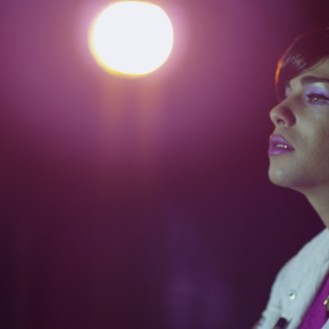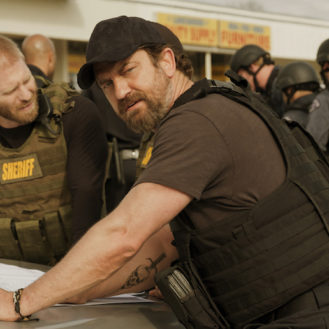What begins as an attempt to record a widowed, middle-aged pilot’s efforts to find true love on the dating app Tinder quickly morphs into something much darker and chaotic in director Al Bailey’s documentary DTF. As the pilot in question, an old friend of Bailey’s identified only by the pseudonym “Christian”, reveals increasingly outlandish and destructive behavior, the original premise of the film is abandoned in favour of an exploration of the toxic, hard-partying world of long-haul pilots.
While DTF strongly suggests that Christian is representative of a broader trend within the airline industry that sees pilots using drugs, anonymous sex, and binge drinking to cope with the pressure and isolation of their jobs, the filmmakers seem to have been unable to get any other pilots or industry professionals to comment on camera. As a result, there is some ambiguity as to whether or not Christian’s behaviour can be attributed to his career.
But DTF is not an exposé of the airline industry, at least not entirely. This is as much a film about the documentary-making process and the relationship between artist and subject as it is a film about Tinder or pilots.
DTF is a wild ride; the portrait of masculinity and friendship that is revealed by the time the credits roll is fascinating in its complexity. Still, the sheer volume of toxic masculinity and misogyny on display is difficult to stomach. I also couldn’t help but observe that if there was any discussion among the filmmakers about whether or not to reveal Christian’s dangerous (and illegal) behaviour to his employer, it was not shown in the film. DTF makes it clear that Christian’s actions, and possibly the actions of other pilots like him, are a danger to the passengers on his flights – but at no point does Bailey seem to consider the possibility that he should take action to stop his friend from flying.
The film has maintained a connection to its original premise by including interviews with people on the street about their experiences with Tinder and their thoughts on how the dating app has changed love and romance, but by the midpoint of DTF these begin to feel tangential and disassociated from the core conflict of the film. While they mirror Bailey’s desperation to salvage his project by any means possible, they distract from the (arguably) more intriguing moral problems with the documentary-making process itself.
Christian and Bailey’s friendship emerges as the raw, beating heart of this film. Bailey himself is a far more sympathetic subject than the widowed pilot, and his struggle to document his friend’s downward spiral is both gripping and painful to behold. It takes a deft hand to maneuver so many unexpected threads into a clear and coherent narrative arc. I’m not convinced that Bailey has entirely managed to do so, but while DTF does contain a few gaps and rough edges, it deserves praise for its willingness to embrace its uncomfortable subject matter so thoroughly.
**********
Do You Tweet? Follow These Tweeple:
Shannon Page: @ShannonEvePage





Be the first to comment